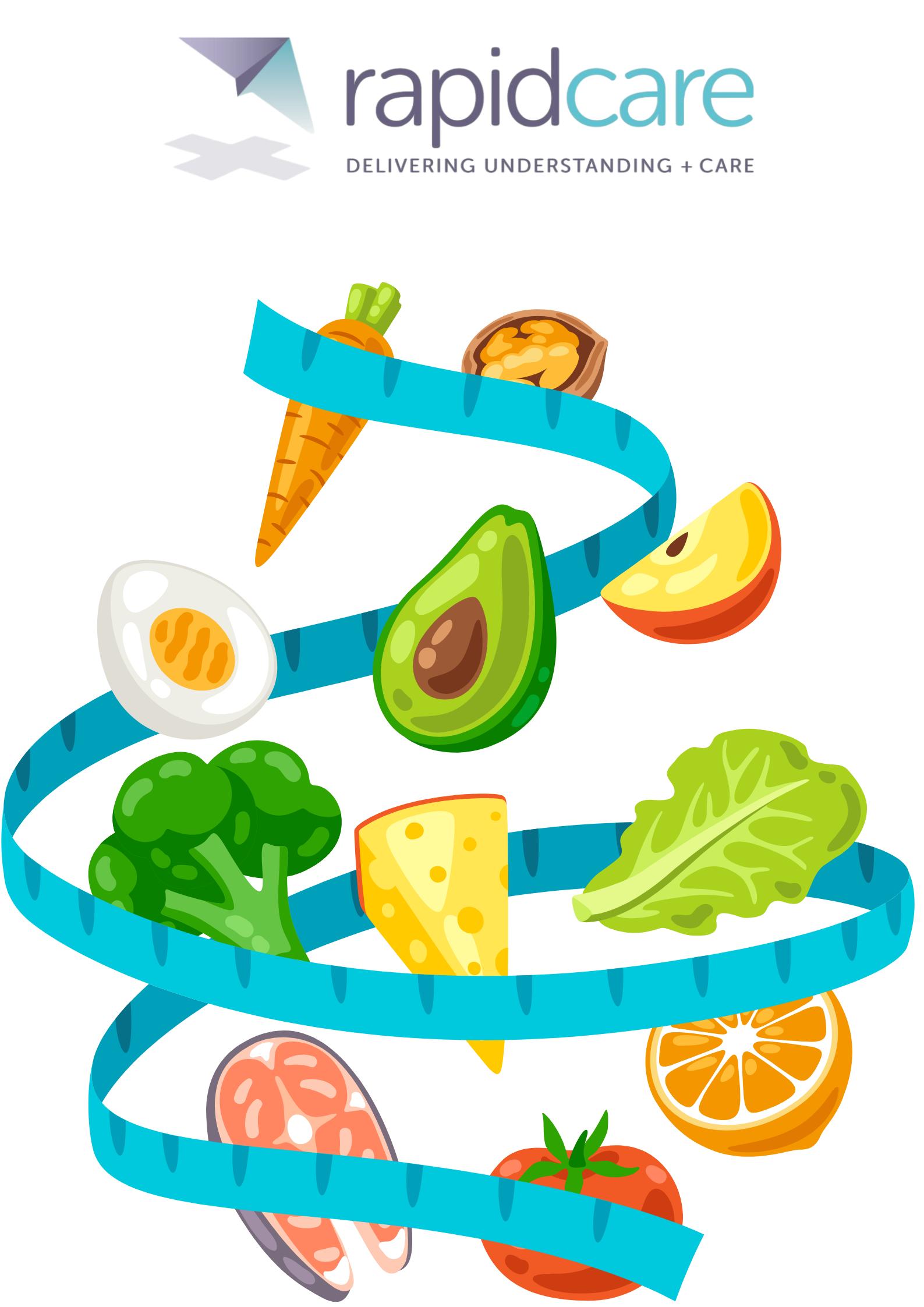Building a diet that effectively supports weight training is crucial for anyone looking to maximize their performance and achieve their fitness goals. Whether you’re a seasoned athlete or a beginner just starting out, understanding the right balance of nutrients can make all the difference in your training outcomes. In this guide, we will walk you through the essential components of a diet tailored for weight training, providing you with the knowledge and tools to fuel your body efficiently. From the optimal intake of proteins, carbohydrates, and fats to the importance of hydration and timing, this article will equip you with the confidence to craft a nutrition plan that enhances your strength, endurance, and overall well-being. Get ready to transform your dietary habits and unlock your full potential in the gym.
Crafting a Balanced Macronutrient Plan for Optimal Performance
To fuel your weight training effectively, it’s essential to strike a balance between carbohydrates, proteins, and fats. Each macronutrient plays a unique role in your body’s performance and recovery. Carbohydrates are your primary energy source, especially during intense workouts. Focus on complex carbs like whole grains, fruits, and vegetables. Proteins are vital for muscle repair and growth, so include lean meats, legumes, and dairy in your meals. Lastly, healthy fats support hormonal balance and provide sustained energy. Avocados, nuts, and olive oil are excellent choices.
- Prioritize protein: Aim for at least 1.6 to 2.2 grams per kilogram of body weight to maximize muscle growth.
- Time your carbs: Consume a good portion of your carbs around your workouts to enhance performance and recovery.
- Don’t fear fats: Include a moderate amount of healthy fats in your diet, making up about 20-35% of your daily intake.
- Hydration matters: Drink plenty of water throughout the day to support metabolic processes and recovery.

Choosing the Right Protein Sources to Fuel Muscle Growth
To optimize muscle growth, it’s essential to incorporate a variety of protein sources that not only deliver the necessary amino acids but also fit into your dietary preferences and lifestyle. Lean meats, such as chicken and turkey, are excellent options, offering high-quality protein with minimal fat. If you’re looking for something more plant-based, consider lentils and chickpeas, which are not only protein-rich but also packed with fiber and essential nutrients.
For those who prefer seafood, salmon and tuna provide a double benefit of protein and omega-3 fatty acids, supporting muscle repair and overall health. Don’t overlook eggs, which are versatile and easy to prepare, making them a convenient choice for any meal. Additionally, Greek yogurt and cottage cheese are fantastic dairy options that offer a creamy texture and a high protein content, perfect for post-workout recovery. By diversifying your protein intake, you ensure a comprehensive nutrient profile that fuels muscle growth effectively.
Incorporating Essential Vitamins and Minerals for Recovery
Maximizing your recovery process through diet is crucial for effective weight training, and a key part of this is ensuring your body receives the right vitamins and minerals. These micronutrients play a vital role in muscle repair, energy production, and reducing inflammation. Incorporate the following essentials into your meals:
- Vitamin C: Boosts collagen production, aiding in the repair of tendons and ligaments. Include citrus fruits, strawberries, and bell peppers in your diet.
- Magnesium: Supports muscle function and helps prevent cramps. You can find it in nuts, seeds, and leafy greens.
- Zinc: Essential for protein synthesis and immune function. Opt for foods like lean meats, shellfish, and legumes.
- Iron: Facilitates oxygen transport to muscles. Incorporate red meat, lentils, and spinach for optimal intake.
Ensuring a balanced intake of these nutrients not only accelerates recovery but also enhances your overall training performance. By mindfully integrating these vitamins and minerals into your diet, you’re setting a strong foundation for sustained progress and peak physical condition.
Strategizing Meal Timing to Maximize Energy and Results
When it comes to aligning your meals with your weight training goals, timing is a critical factor that can significantly impact your performance and recovery. To ensure you’re fueling your body optimally, consider structuring your day with these key points in mind:
- Pre-Workout Nutrition: Aim to consume a balanced meal 2-3 hours before your workout. This meal should include complex carbohydrates for sustained energy, lean protein for muscle support, and healthy fats. Foods like oatmeal with a scoop of protein powder, grilled chicken with sweet potatoes, or a whole-grain wrap with turkey and avocado can be excellent choices.
- Post-Workout Recovery: Within 30-60 minutes after exercising, prioritize a meal or snack that focuses on protein and carbohydrates to replenish glycogen stores and aid muscle recovery. Consider options like a protein shake with a banana, a chicken salad sandwich, or Greek yogurt with mixed berries.
By strategically planning your meal timing, you can maximize your energy levels throughout the day and enhance the results of your weight training efforts. Remember, consistency is key, so make these timing strategies a regular part of your routine for the best outcomes.




